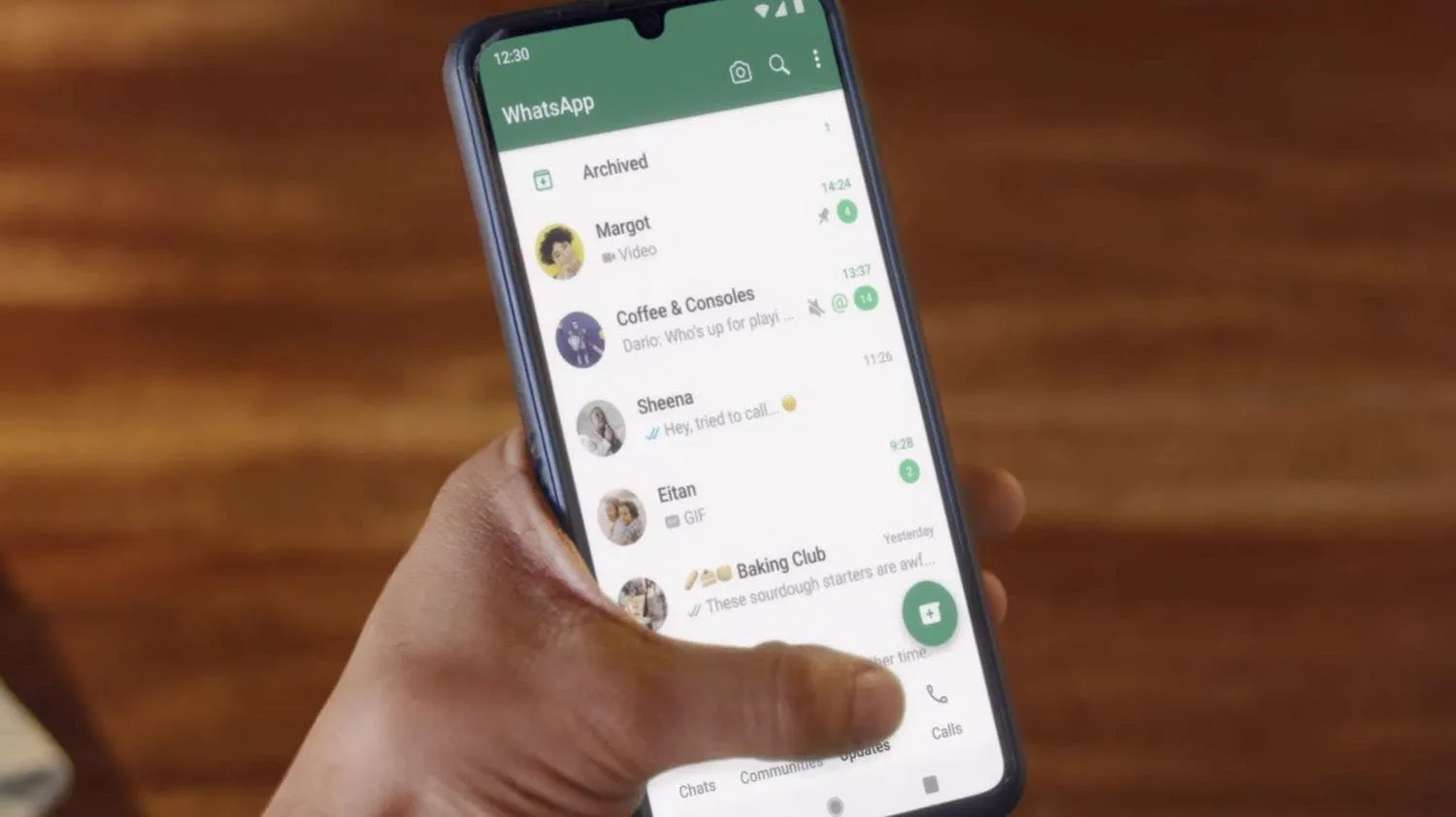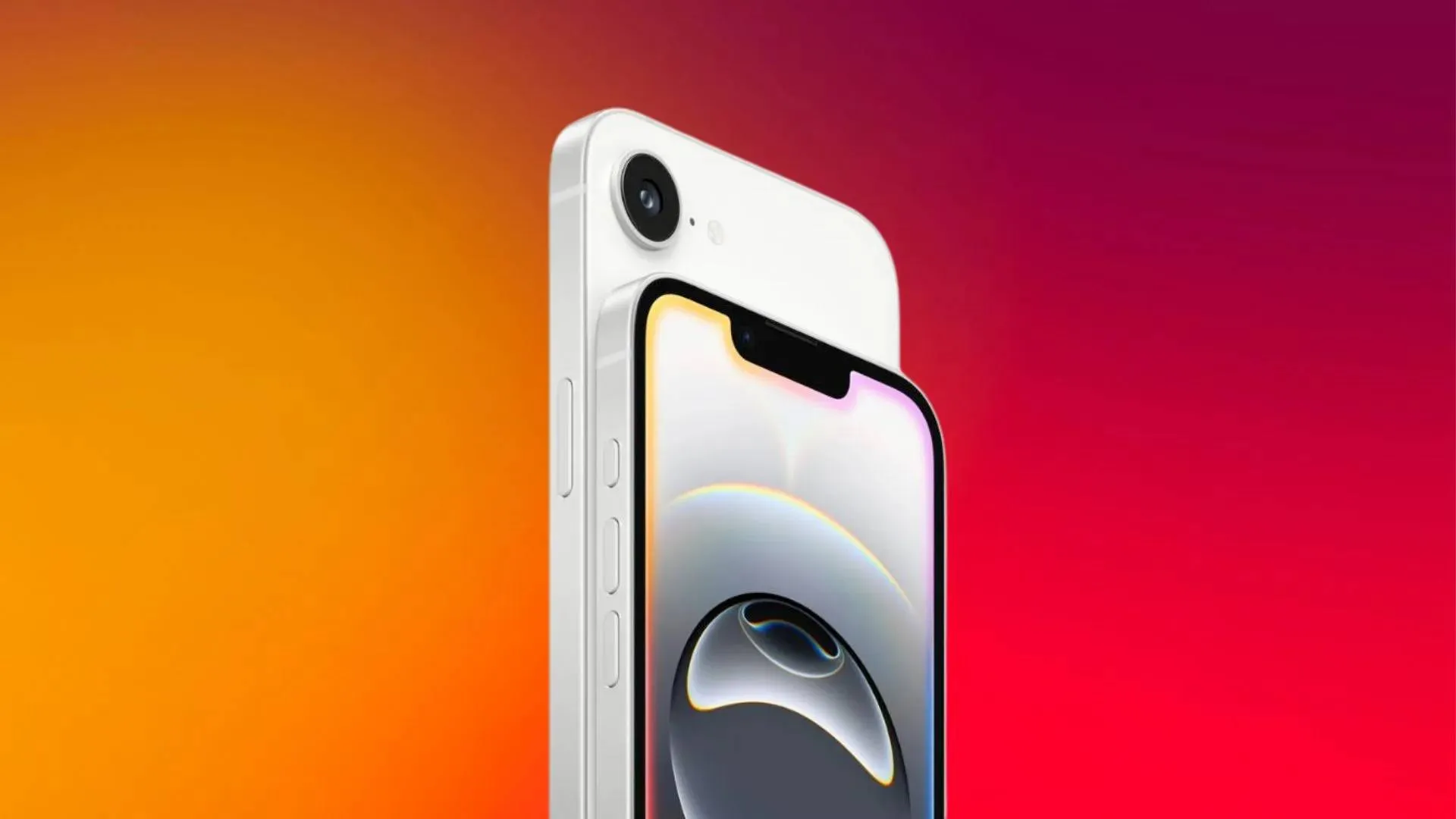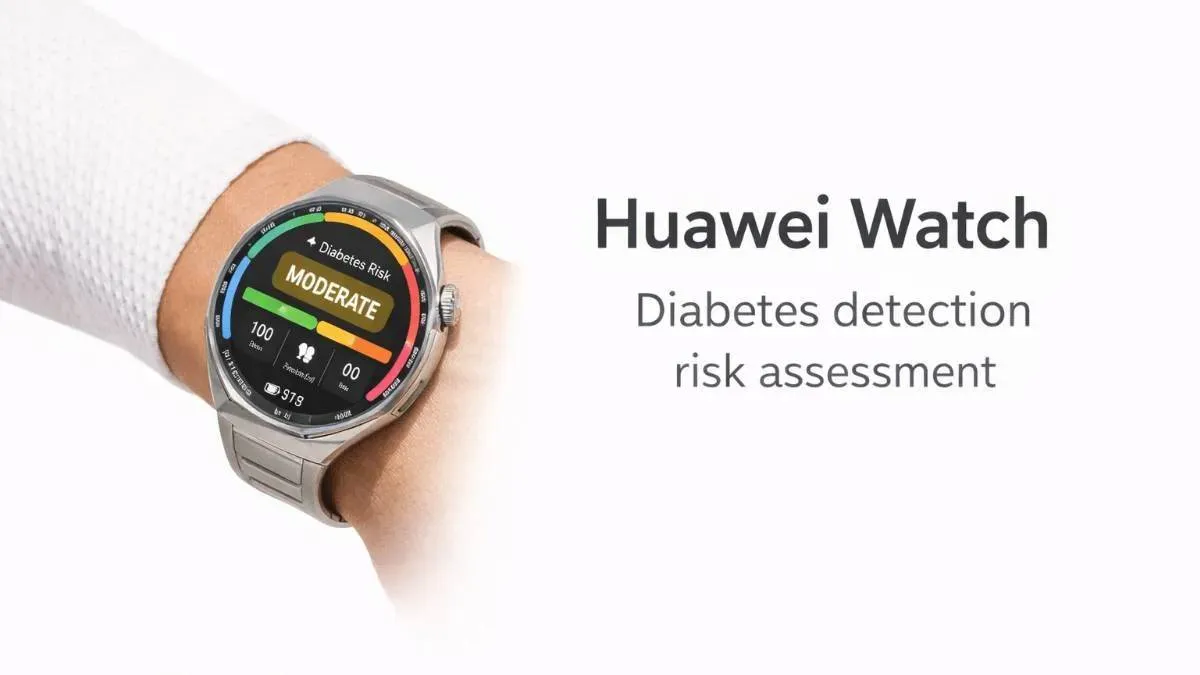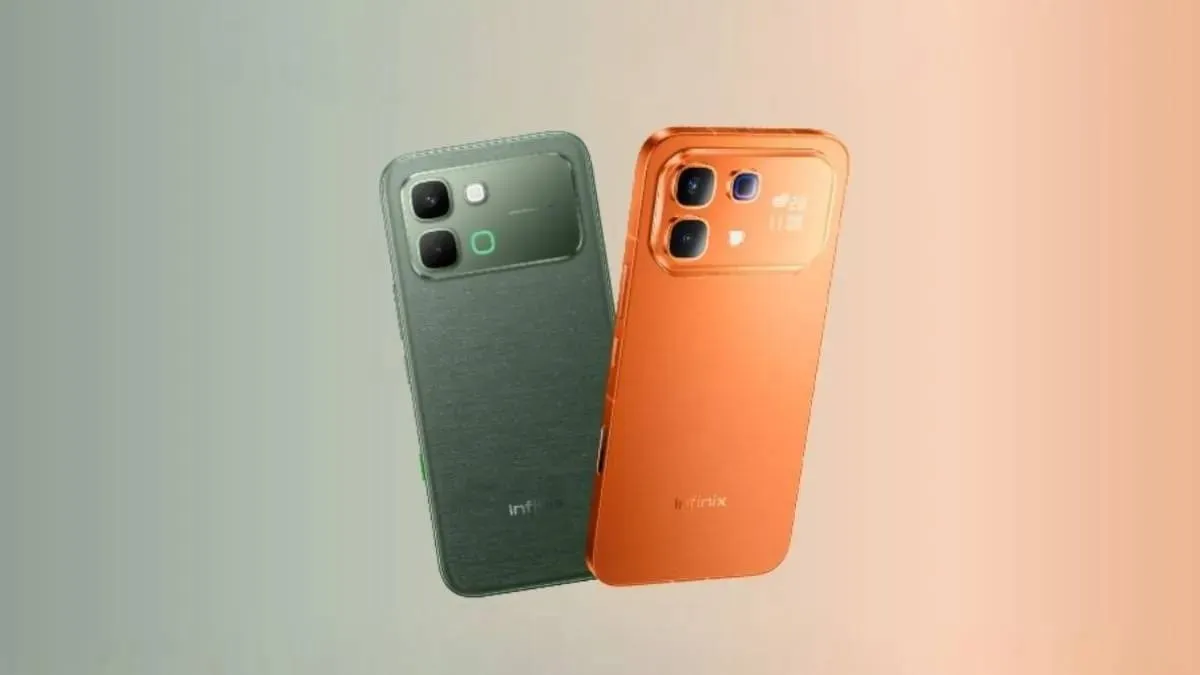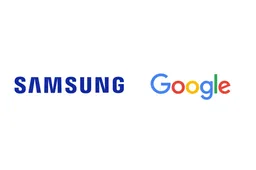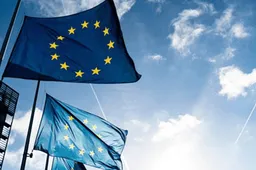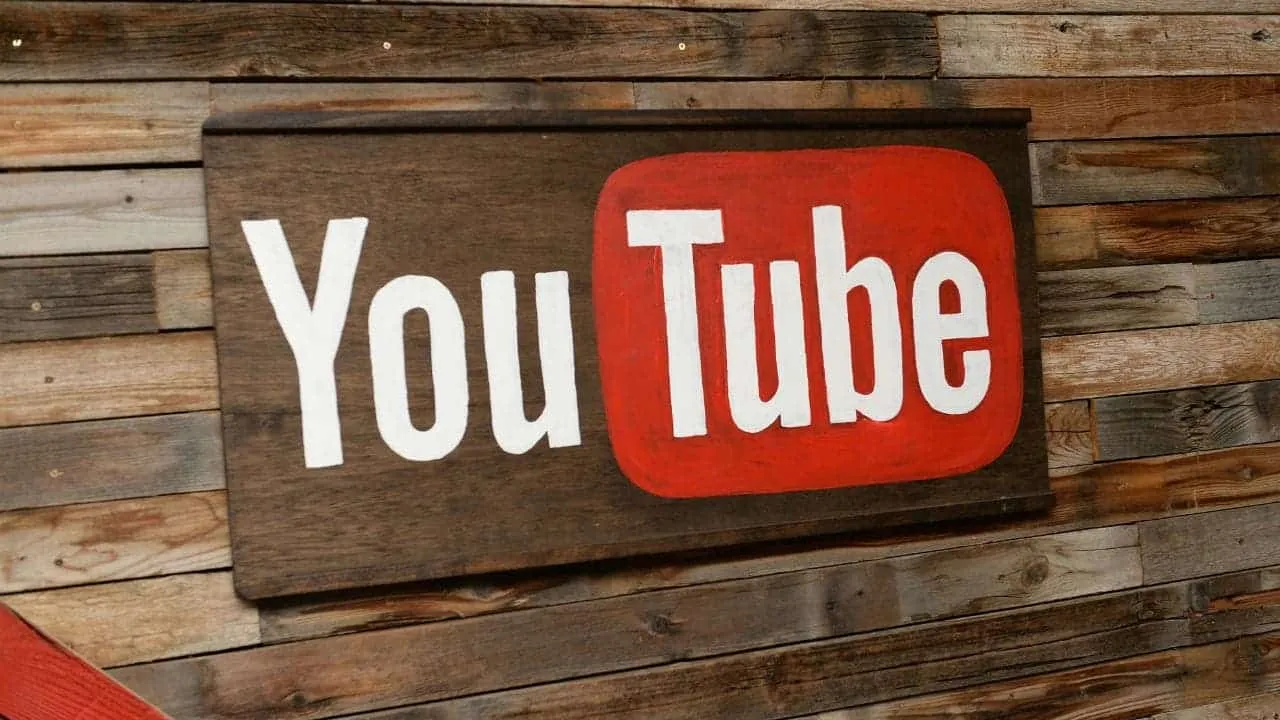
YouTube has recently announced its decision to ban AI music covers and AI content. However, the ban will only be for content that imitates people. There is now an intense debate about the implications of this new move by YouTube. According to the announcement, it will not only ban new content from being posted, it will also delete existing content. Thus, if you have an AI music cover that imitates anyone on YouTube, the content will be going down soon. In the next few months, YouTube says it will clean up its system of AI content that imitates people. Of course, we expect these "people" to be popular or well-known people.

However, there are processes that users can use to ensure that their AI content is not banned. They will have to obtain the consent of the person involved and must not misrepresent their views. Also, they will have to apply through YouTube's privacy request process. YouTube will consider a variety of factors when deciding whether to remove AI content that parodies characters. It will check if the content is intended for humour or ridicule. It will also check if the person requesting the removal can be easily identified.
YouTube will also begin to strongly require creators who use generative AI tools to indicate in their videos that the content is synthesized. Failure to do so may result in them being banned from the YouTube Partner Program. This article will delve into the details of YouTube's decision, the reasons behind it, and the potential impact on content creators and the music industry.
YouTube's Crackdown on AI-Generated Content
YouTube's decision to crack down on AI-generated content, particularly music covers and imitations of artists, stems from its partnership with record labels. This will allow the labels to request the removal of AI music content that mimics an artist's unique singing. This move is aimed at protecting the interests of the music industry partners. It will also address the issues posed by AI content that blurs the lines of copyright and fair use.
Under the new rules, YouTube will have two sets of content guidelines for AI deepfakes. There will be a strict set of rules to protect the platform’s music industry partners. Also, there will be a looser set of rules to protect every other YouTube user. This distinction raises questions about the potential impact on content creators. There are also questions on the broader implications for artistic expression and creativity.
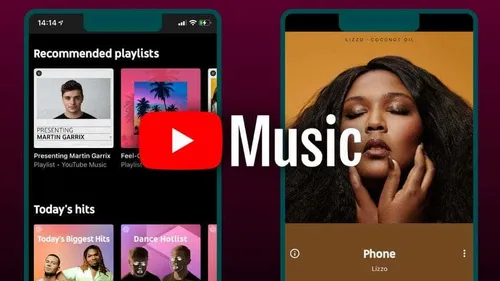
Implications for Content Creators
The crackdown on AI content has raised concerns among content creators, as it could lead to takedowns of AI covers by artists, subject to removal requests by the labels. This move may significantly impact creators who rely on AI content for artistic expression and entertainment. It will prompt them to navigate the evolving landscape of content creation on the platform.
YouTube's decision to enforce its own rules on AI content raises questions about transparency and consistency in the platform's approach. The absence of specific federal laws regulating AI deepfakes has prompted YouTube to establish its own guidelines, potentially impacting the enforcement of copyright and fair use on the platform.
YouTube's partnership with Universal Music Group (UMG) has further shaped its approach to AI content, aiming to compensate labels and artists for AI-generated cover songs. This collaboration reflects the efforts to address the complexities of AI-derived music and copyright law, highlighting the evolving dynamics between technology, content creation, and intellectual property rights.
Potential Challenges and Innovations
The emergence of AI-related copyright issues on YouTube has prompted discussions about the challenges and innovations associated with AI-generated content. While the partnership with UMG could foster technological advancements, it also raises concerns about the implications of extending copyright law in ways that primarily benefit music companies.
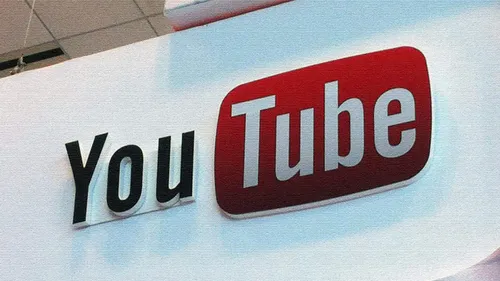
YouTube's privacy request process will play a crucial role in determining the removal of AI-generated content that parodies characters, considering factors such as the intent of the content and the ease of identifying the person requesting removal. This process underscores the platform's efforts to balance the interests of content creators, copyright holders, and the broader YouTube community.
Conclusion
YouTube's decision to ban AI music covers and AI content that imitates people reflects the platform's efforts to navigate the complexities of AI-generated content, copyright law, and the interests of music industry partners. As this development continues to unfold, it raises important questions about the future of content creation, fair use, and artistic expression in the digital age. Content creators, record labels, and technology companies will need to navigate these evolving dynamics while considering the broader implications for creativity, innovation, and intellectual property rights.
YouTube's decision to ban AI music covers and AI content that imitates people has sparked a significant debate. This debate is about the intersection of technology, creativity, and copyright law. As the platform continues to navigate these complexities, it will be essential to consider the implications for content creators, the music industry, and the broader landscape of digital content creation. What do you think about YouTube's new decision? Do you think this will be for the general good of YouTube users? Let us know your thoughts in the comment section below.
Author Bio
Efe Udin is a seasoned tech writer with over seven years of experience covering a wide range of topics. From mobile phones to tablets, Efe has kept a keen eye on the latest advancements and trends. He provides insightful analysis and reviews to inform and educate readers.
Loading

